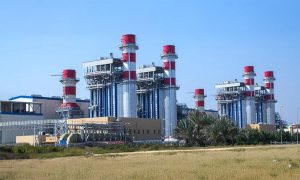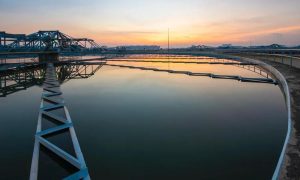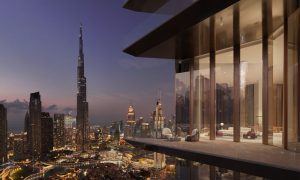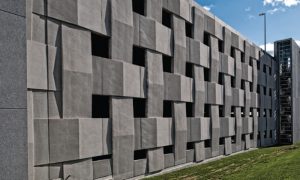Shifting Foundations
After a month of political protests, resignations and revolutions across the Middle East, real estate services company CB Richard Ellis analyses the unfolding situation in Bahrain
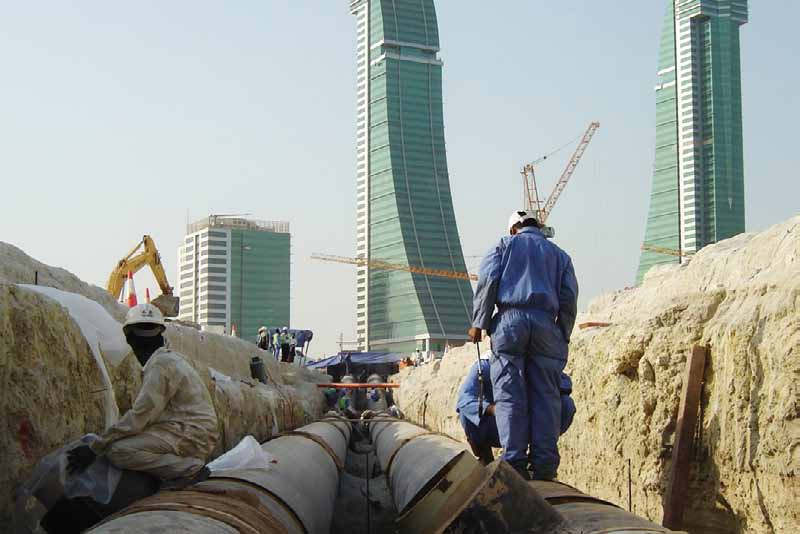
Since unrest erupted in Tunisia at the end of 2010, a domino effect has spread across the Middle East and North Africa, amplifying the weekly protests predominantly held in Bahrain’s Shia villages over the last decade.
As the situation developed in Tunisia and Egypt, demonstrations in the Gulf state of Bahrain escalated; to date seven protestors have died in clashes with security forces. The country’s image has swung 180 degrees, placing the Kingdom alongside troubled hotspots such as Tunisia, Egypt, Yemen and Libya.
Anti-government protests began on February 14, with an estimated 500 people taking to the streets. On February 17 a government clampdown on protestors resulted in four deaths, prompting duel demands to remove the royal family and install a constitutional monarchy.
The ongoing protests have generally been focused on the need for more employment, higher wages, adequate housing and equal opportunities and are fed by a perception among the Shia majority, that the Sunni royal family is not acting in the best interests of the population. The political shift of the recent protest movement is largely the result of the domino effect, which has swept the region and has been more focused on deeprooted political change.
Only last year, Bahrain was ranked third in a “best expat experience” poll conducted by HSBC. Yet, as in other Arab countries experiencing unrest, the protests are now beginning to impact on the economy.
On February 23, 2011, Moody’s Investors Service placed Bahrain’s A3 Government bond ratings on review for possible downgrade. The rating action was motivated by Moody’s concern that the ongoing political turmoil in Bahrain has sharpened fiscal and broader economic downside risks. The review will focus on the degree to which political risk has increased and how significantly the credit fundamentals of Bahrain are threatened.
The hospitality and leisure industries are already affected after the Formula 1 was “called off”.
Other sectors, citizens and investors are forced to adopt a wait and see policy as the Crown Prince attempts to establish a national dialogue with opposition groups.
According to other media reports, Atkins instructed its 170 Bahrain-based employees to work from home on three occassions at the end of last month, as did design and engineering consultancy Scott Wilson.
The demands printed in Bahraini state media include:
• The release of all political prisoners and an end to court proceedings against them
• An immediate, impartial and independent investigation into the seven protesters’ deaths
• Objectivity and neutrality in the official (state) media
• The resignation of the government and formation of an interim government
• The drawing up of a contractual constitution by an elected constitutional assembly, paving the way for a constitutional monarchy and elected government
• Amendments to the electoral system to “ensure just and fair representation of all political and societal components”
• The leadership should provide guarantees that any agreements will be honoured


